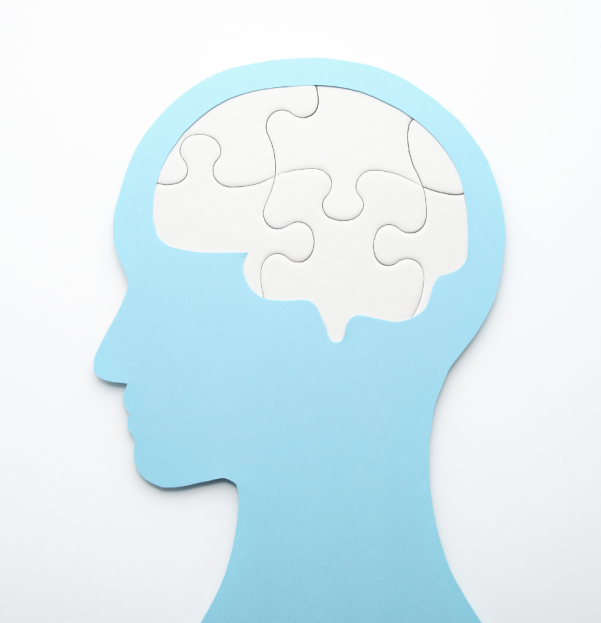About Therapy
The term ‘psychotherapy’ covers a range of approaches and methods to talking therapies that are used to treat emotional problems and mental health issues, but at its heart, therapy is about learning to be comfortable with being versus doing.
I am trained in and work as a psychodynamic psychotherapist, which is essentially a form of depth psychology that focuses on you and on obtaining insights into the difficulties that you are experiencing. My role as the psychodynamic psychotherapist is to help you consider your thoughts, feelings and the past events in your life that may be contributing to to the present difficulties that you are experiencing. Working with me in this away means that you will be encouraged to talk about childhood relationships with parents and other significant people, the primary focus being to reveal the unconscious content of a your innermost self in an effort to alleviate your present difficulties.

About Therapy
Therapy can be a positive force and a powerful tool to help you take control of aspects of your life that you are not happy with. You might be feeling overwhelmed, or you may have noticed that specific issues are impacting your ability to function well. Depending on what these issues are, working with a trained psychotherapist like myself can offer the following benefits:
Help you to express your feelings in a safe and non-judgmental space.
Help you gain a deeper insight into the difficulties you are facing and increase your self awareness.
Help you talk about things you might not feel be able to discuss with anyone else in a confidential environment.
Help from the therapist to enable you to find better ways to cope, or bring about changes in the way you think and behave to improve your mental and emotional well being.
Who Seeks Therapy?
People from all walks of life consider therapy for any number of reasons at different times in their lives.I work with individuals seeking help with emotional, personal or relationship difficulties including:
Feelings of depression,emptiness or a loss of sense of self
Low self esteem/self-confidence
Difficulty in expressing feelings
Identity, race and sense of self issues
Feelings of stress & anxiety
Difficulties starting, sustaining or ending relationship issues
Panic attacks
Trauma
Family conflicts, worries or crises
Loneliness & feelings of isolation
General counselling & personal development (understanding yourself better)
Work related problems or workplace Stress
Frequently Asked Questions
Therapy is a safe, confidential and non-judgemental space for thinking about feelings in private, allowing for reflection and change, growth and development as and when the client is ready.
Exploring concerns whether they be difficulties or aspirations happens through the developing relationship with the therapist, who the client feels understands them and supports by commenting and interpreting in a way that aims to seek understanding. Often these concerns can be new (i.e. work redundancy), longstanding (i.e. relationships), troublesome (i.e. difficult past events) and conflicting or negatively confirming results that the person experiences in a way that is limiting. The therapeutic space is about working through this for change to happen in a deep and lasting way.
Therapy is for people with a wide range of concerns from all backgrounds. Some people are looking for meaning in their lives, have a sense of dissatisfaction about themselves or concerned about their reality of a lack of fulfilment. For other people, anxiety, depression or relationship difficulties are what they want to find a way of dealing with. Therapy is a choice to attempt making sense of life experiences that remain inaccessible to meaning and purpose for moving forward in life for the present and future.
Sessions are at the same time, and on the same day each week and last for 50 minutes.
As a skilled therapist I will listen to you and help you understand how your past experiences, worriers about the future or concerns about self confidence maybe affecting your life presently. Together, we will reflect on your response to various life events and explore the ways in which you relate to yourself and others. My role as your therapist is not to give you advice or tell you what to do, rather my aim is to help you make your own choices based on a deeper understanding of yourself.
This is discussed and worked out in the initial meeting based on each client's needs and concerns. Time limited / Short term therapy is normally a fixed number of sessions (usually 12), with the end date of the therapy known at the beginning of the therapy.
Open ended / Long term therapy simply means no end date is set for the therapy. You decide when you wish to end the therapy in consultation with the therapist.
There are times in therapy when, acknowledging feelings that may have been avoided for some time such as loss in various ways, traumatic events, disturbed past, present relationships or behaviours can leave the client feeling down or depressed. This is where the relationship with the therapist is important and the therapy is given time for the client to work through these feelings and move on to a more fulfilled sense of self.
Building a relationship in order to seek meaning and understanding can stir feelings of dependency. This is useful where the therapist can be trusted to be dependable and honest where the client finds their way forward towards an independent life.
Because therapy fosters the clients' understanding of themselves, once initial concerns, issues and difficulties begin to feel understood and make sense, the therapy usually moves into exploring how these difficulties can form patterns in experience and get worked through in the relationship that develops with the therapist.
